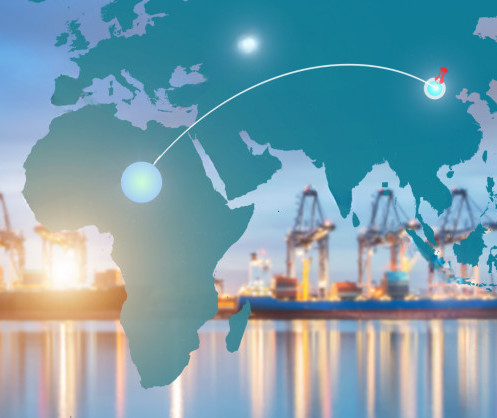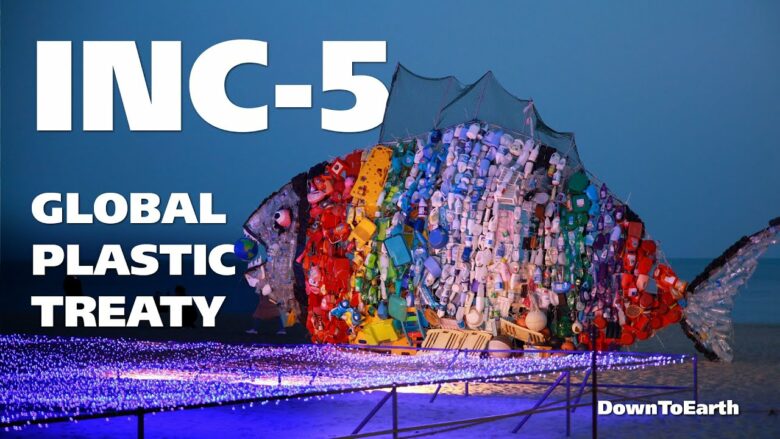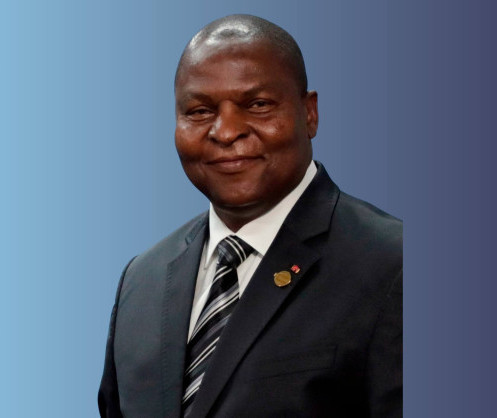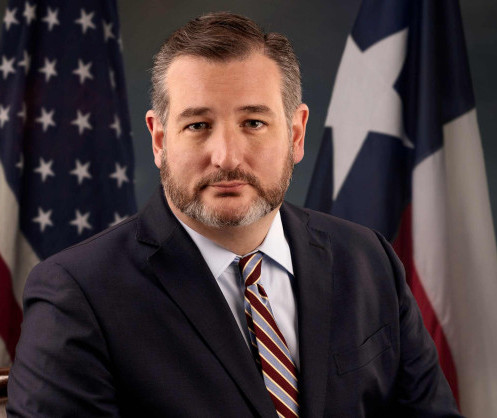
China’s expanded zero-tariff policy offers new export opportunities for Africa, but without parallel investment in energy and industrial infrastructure, the continent risks missing its chance to drive real economic transformation – a key focus of the upcoming African Energy Week 2025: Invest in African Energies
China’s zero-tariff policy for African goods has expanded rapidly in recent years, with 53 of the continent’s countries now eligible to export their taxable goods to the Chinese market duty-free. Promoted as a vehicle for deeper Sino-African cooperation and shared prosperity, the policy has gained attention for its potential to open access to one of the world’s largest consumer markets. But as the continent looks to secure long-term development and industrial transformation, a central question arises: will trade preferences like this serve as a catalyst for Africa’s economic evolution, or simply reinforce its role as a low-value commodity supplier?
Eswatini – one of the few African countries that maintains diplomatic ties with Taiwan – was excluded from the tariff breaks, underscoring that access to China’s market remains conditional. The expanded duty-free and tax incentives also appear as a counter to the Trump-era tariffs, placing Africa in the throes of the China-U.S. trade war.
As African Energy Week (AEW) 2025: Invest in African Energies prepares to convene in Cape Town from September 29 to October 3, the broader question for the continent is whether these expanding trade policies can deliver tangible, scalable benefits. Africa’s ability to meet its development and energy access goals will depend not only on increased trade, but on how effectively such policies translate into investment in infrastructure, energy, and industrial growth.
The Promise and Limits of Zero-Tariff Access
On paper, zero-tariff access is a welcome opportunity. For African countries seeking to diversify export destinations and boost agricultural, mineral and energy-based trade, the initiative offers a cost advantage that could help expand trade volumes. For oil and gas producers, there may be openings to increase exports of refined products, petrochemicals or fertilizers, if the necessary processing capacity exists.
But therein lies the challenge. Most African countries lack the industrial and energy infrastructure to capitalize on such preferences. Many exports continue to be raw or semi-processed materials with limited value retention on the continent. Tariff-free access does little to change that if non-tariff barriers, unreliable power supply or inadequate transport logistics continue to undermine competitiveness.
Energy sits at the core of that equation. Africa’s path to economic sovereignty depends on its ability to convert natural resources into industrial products – a process that begins with investment in upstream development and extends through midstream logistics and downstream transformation. Whether it’s building pipelines and LNG infrastructure, electrifying industrial corridors or developing fertilizer and plastics manufacturing hubs, Africa’s energy systems must evolve to support trade ambitions.
” Energy security, industrialization and trade access must be viewed not in silos, but as interconnected levers for long-term prosperity “
Africa’s Path to Integrated Energy and Industrial Growth
Several countries are already moving in that direction. Nigeria is pushing forward with its gas commercialization strategy; Mozambique is scaling up LNG; Senegal and Mauritania are emerging as cross-border gas hubs. These projects not only generate export revenue, but create the foundation for broader economic diversification, from petrochemical industries to power generation for local factories.
Meanwhile, the African Continental Free Trade Area provides the framework to harmonize standards, reduce internal tariffs and build common infrastructure, such as pipelines, ports and refineries, thereby enabling economies of scale and intra-African trade. If combined with external access like China’s zero-tariff policy, this dual approach could allow African nations to integrate vertically and horizontally, moving from fragmented markets to unified production ecosystems.
Still, risks remain. Trade with China remains heavily skewed toward raw materials, with manufactured imports often undercutting local industries. Without targeted support for African manufacturing, technology transfer and local content, tariff preferences risk entrenching the continent’s supplier status rather than overturning it. African governments must therefore ensure that policies – both trade- and energy-related – are designed to channel benefits inward, not just extract them outward.
“That is the true promise of AEW 2025. As leaders, investors and institutions gather in Cape Town, the conference will not only facilitate deals and investment flows, but ask complex questions about how Africa can seize agency in its global partnerships. Energy security, industrialization and trade access must be viewed not in silos, but as interconnected levers for long-term prosperity,” says NJ Ayuk, Executive Chairman, African Energy Chamber.
AEW: Invest in African Energies is the platform of choice for project operators, financiers, technology providers and government, and has emerged as the official place to sign deals in African energy. Visit www.AECWeek.com for more information about this exciting event.



